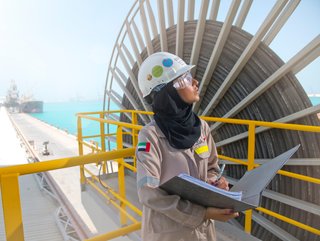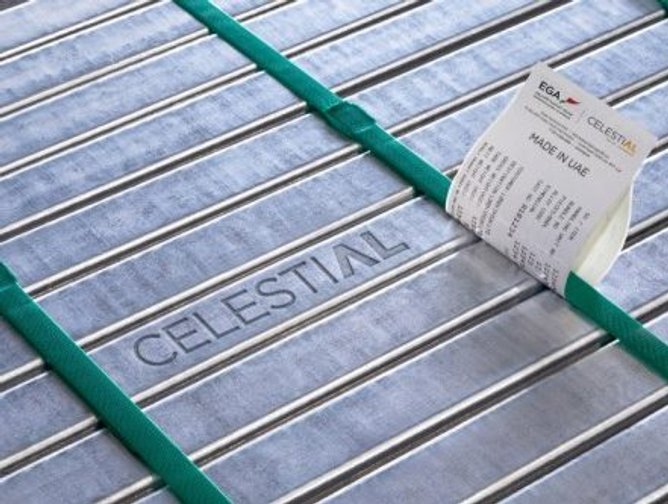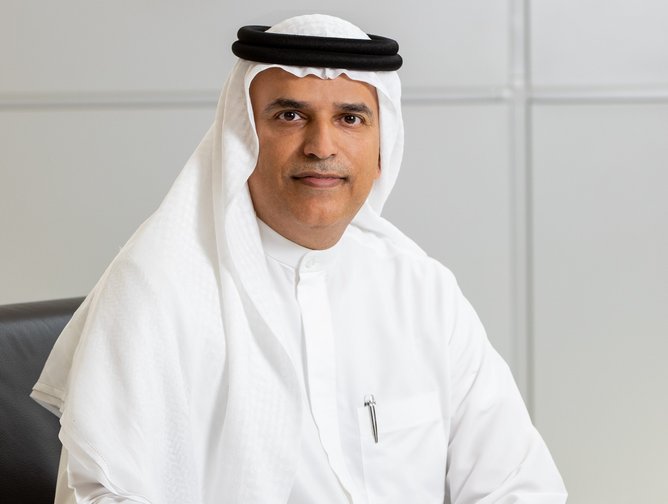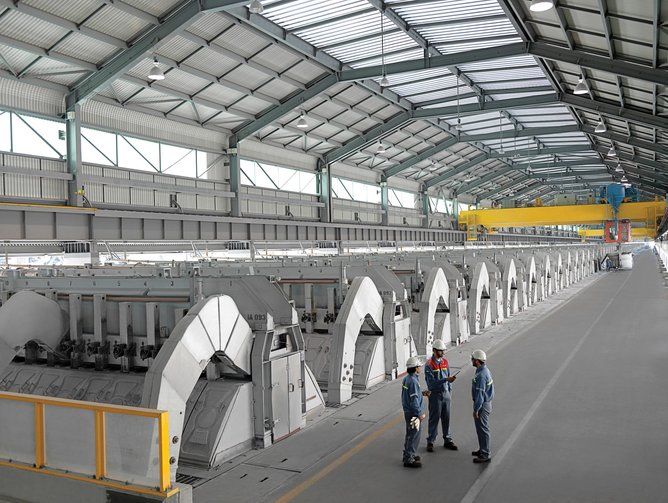How Aluminium From EGA is Shaping a Sustainable Future

From the cars that we drive, the smartphones in our hands, and the wind turbines generating clean electricity, the sustainable products and solutions of the future rely on aluminium.
That’s because the metal is light, strong, durable, conducts heat and electricity, and can be constantly recycled. An estimated 75% of all aluminium ever produced is still in circulation.
According to The International Aluminium Institute (IAI), the aluminium sector emits around 1.1 billion tonnes of CO2e – about 2% of total global annual GHG emissions, and it is also one of the most carbon intensive metals to produce.
That said, although it is termed hard-to-abate, it is also hard to do without. Aluminium makes electric cars lighter, and therefore more efficient, and therefore more viable. It also enables wind farms and solar panels – both essential to the energy transition.
The GHG emissions intensity of aluminium producers varies, especially due to the energy used in the smelting process. Producing aluminium is energy intensive, and the electricity required accounts for around 60% of the industry’s GHG footprint.
EGA Making Aluminium From Solar Energy
One company tackling this challenge head-on is Emirates Global Aluminium (EGA), formed in 1975 in the United Arab Emirates (UAE).
In 2021, EGA was the first company in the world to commercially produce aluminium using solar energy.
Drawing on clean energy from the world’s largest solar farm, Dubai Electricity and Water Authority’s (DEWA) Mohammed bin Rashid Al Maktoum Solar Park, and from Emirates Electricity and Water Company’s (EWEC) Noor Abu Dhabi at Sweihan, EGA created the aluminum product CelestiAL.
Customers for CelestiAL include the BMW Group, and Tier 1 suppliers to Mercedes-Benz and Nissan.

Aside from this solar-powered solution, EGA’s greenhouse gas emissions intensity is around a third (35%) lower than the industry average.
EGA recognises that the industry must be part of the solution to climate change, not just through the use aluminium products but also how they are made.
“The global scientific consensus is that we must limit global warming to 1.5 degrees Celsius to avert the worst impacts of climate change, and that this requires net zero greenhouse gas emissions worldwide by mid-century,” said CEO Abdulnasser Bin Kalban.
“The United Arab Emirates has announced a national strategic initiative to reach net zero by 2050. EGA is playing its part in meeting this challenge.”
EGA Aims to be Net Zero by 2050
EGA is the largest industrial company in the UAE outside of the oil and gas sector, and is the world’s largest producer of premium aluminium.
The company was formed in 2013 when Dubal and Emal came together, with EGA owned by Mubadala Investment Company of Abu Dhabi and Investment Corporation of Dubai.
EGA has set a target to be net zero by 2050 and to make positive contributions to the societies where it operates.

The company is aligning its corporate sustainability approach with the Aluminium Stewardship Initiative (ASI), which provides an international consensus on best practices in aluminium production and use – from mining to ESG.
EGA’s corporate social responsibility campaigns focus on recycling, entrepreneurship, gender diversity, and STEM education.
One of the biggest benefits of aluminium is its ability to be infinitely recycled. Not only that, but recycling aluminium requires 95% less energy than making new aluminum, and a fraction of the associated emissions.
That is one good reason why EGA has begun construction on the UAE’s largest aluminium recycling plant.
The plant will be capable of processing aluminium scrap into low-carbon, high quality premium aluminium under the product name RevivAL.
Even the collection of that recycled aluminium is given a futuristic twist, with EGA teaming up with Nadeera to provide technology-enabled recycling bins for the local community near the Jebel Ali site..
There are around 660 million drinks cans consumed in the UAE each year, with only a third currently recycled, so there is an opportunity to educate consumers.
“Aluminium is an essential material for human progress, and too much is still thrown away including in communities that live right next to EGA’s plants,” said Abdulnasser Bin Kalban.
Global demand for recycled aluminium is predicted to more than double to 57 million tonnes per year in 2040. On top of that, recycled aluminium is expected to deliver 60% of the growth in supply by 2030, and 70% by 2040.

GA Innovates on Sustainable Shipping and Circular Waste
EGA has also become the first aluminium producer in the world, and the first company in the Middle East, to join the Sea Cargo Charter – a global framework that aims to achieve net zero shipping by 2050. Shipping accounts for around 2% of global admissions, according to the International Energy Agency.
Circularity is also a consideration, and EGS has developed a novel solution for its bauxite residue waste product – turning it into manufactured soil.
EGA is constructing a pilot plant, believed to be the first in the world, following five years of research. This pilot hopes to prove that the manufactured soil, called Turba, can be successfully translated from the lab to the landscape.
Those lab tests have shown Turba significantly boosts plant growth compared to local sandy soil, while using less water and fertiliser.
The company has always used the heat generated from the refining process to produce desalinated water for the plant and for wider society. Back in the 1970s, the company slogan was ‘Metal for the World, Water for Dubai’.
Today, heat from the Jebel Ali plant creates up to 30 million gallons of desalinated water per day. EGA also has a desalination plant at its Al Taweelah site producing water for its own needs.
*******************
Make sure you check out the latest edition of Sustainability Magazine and also sign up to our global conference series - Sustainability LIVE 2024.
*******************
Sustainability is a BizClik brand.






